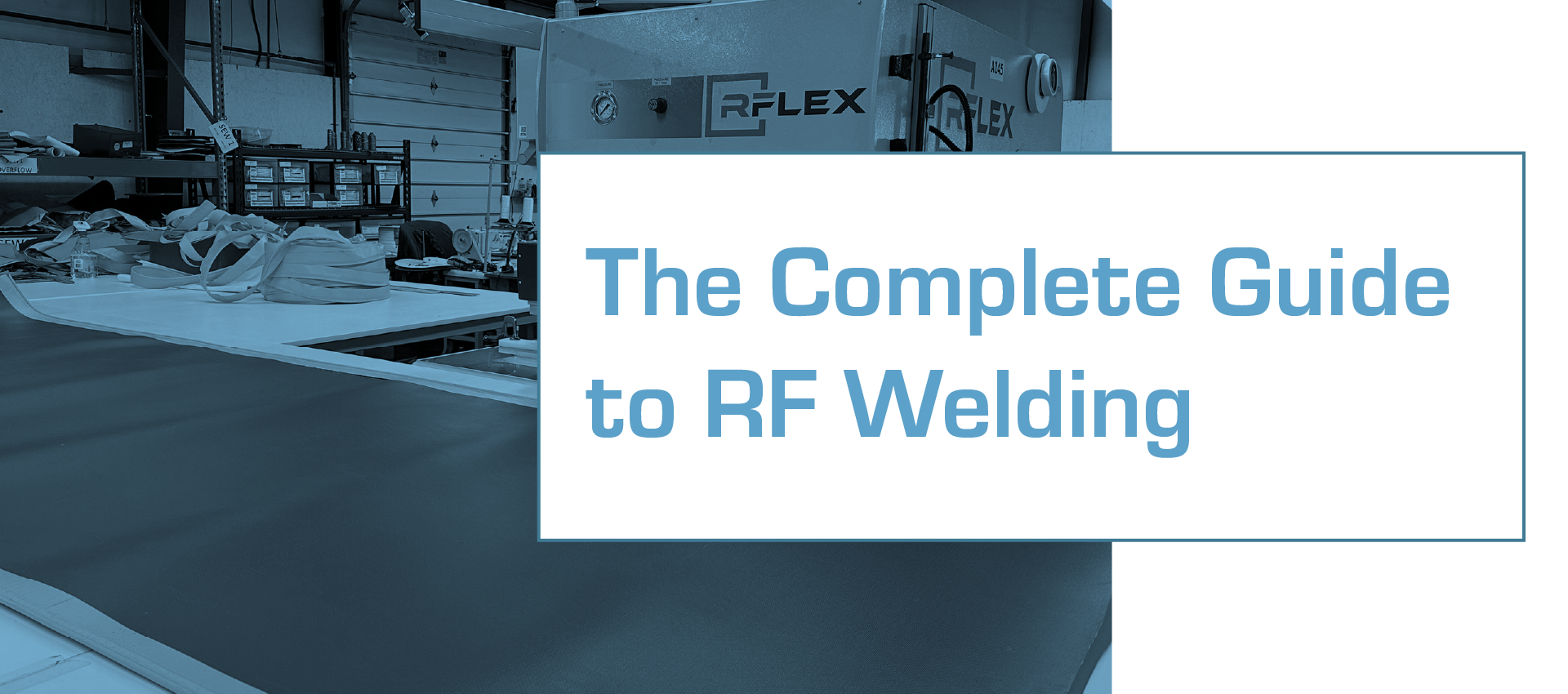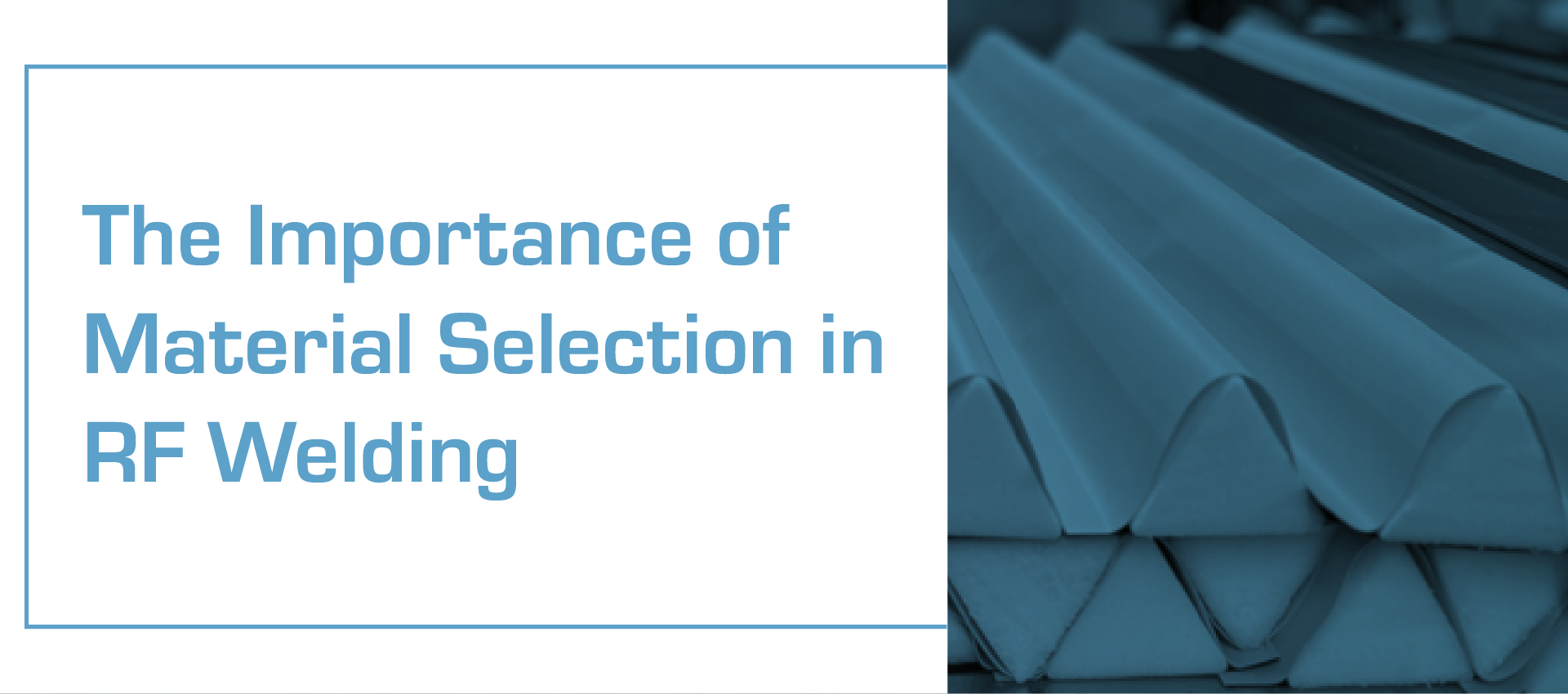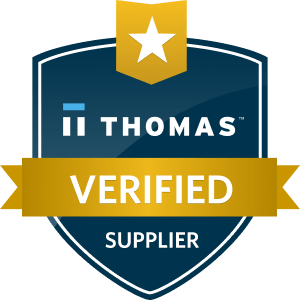Our Blog
Contract Manufacturing vs Private Label Manufacturing
Share this Article:
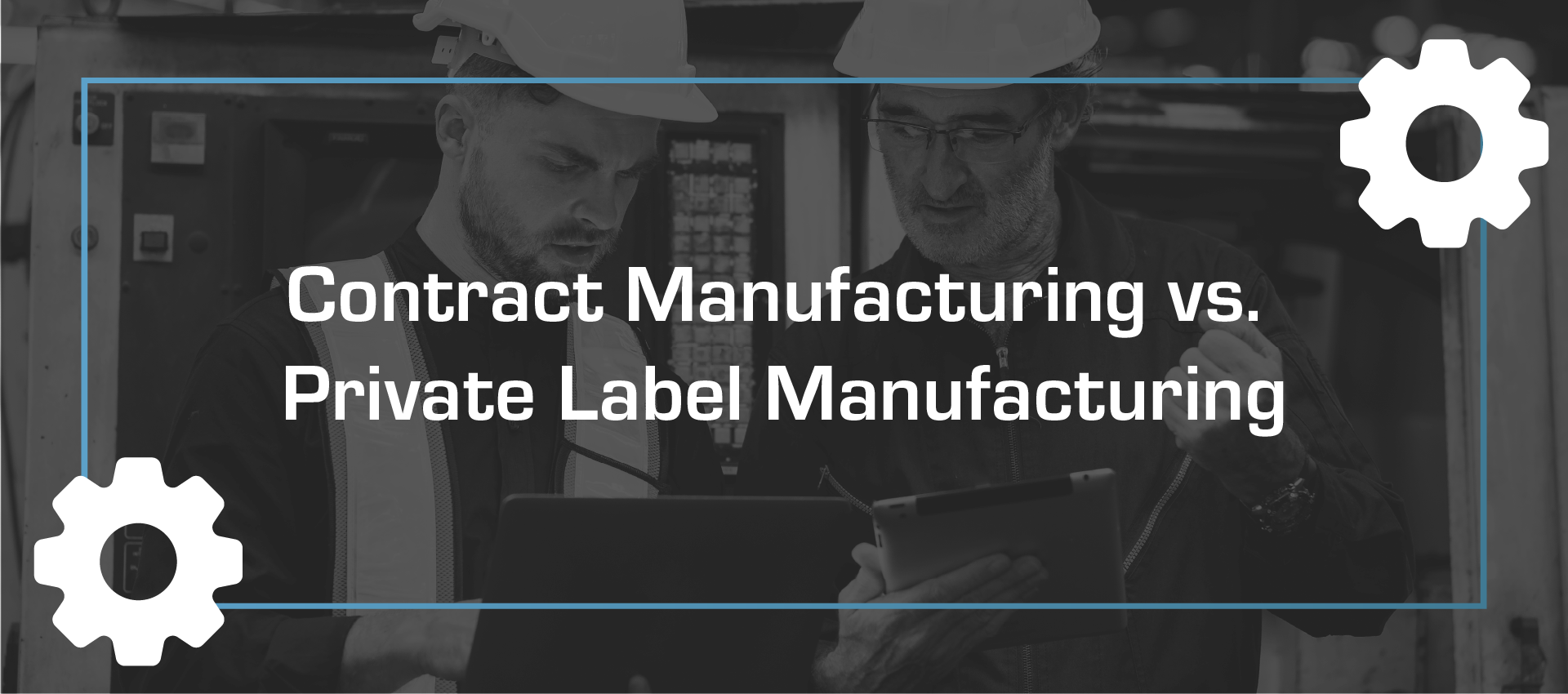
Contract manufacturing and private label manufacturing are two distinct approaches to bringing a product to market. One offers full customization while the other delivers ready-made solutions. Understanding the difference helps businesses choose the right path for their product goals.
What is Contract Manufacturing
Contract manufacturing is when a business partners with a manufacturer to produce a product based on specific requirements. The customer provides the concept or design, and the manufacturer handles production using its expertise and equipment.
This approach is ideal for businesses that need tailored solutions, specialized materials, or performance-driven features. It offers full control over design, materials, and functionality while relying on the manufacturer to deliver consistent, high-quality results.
Carolina CoverTech provides contract manufacturing for products that need to be durable, flexible, airtight, or weather-resistant, supporting industries that demand reliable, custom-built solutions.
Examples of Contract Manufacturing Services
Contract manufacturing includes a range of specialized processes used to create custom products. Common services include:
Sewing
Industrial sewing is used to assemble products made from flexible materials like coated fabrics, vinyl, or heavy-duty textiles. It provides strong, clean seams and is ideal for items that need to withstand tension, abrasion, or exposure to the elements. This method is often used in applications where durability and reliability are essential.
RF Welding
Radio Frequency (RF) welding, also known as heat sealing, uses electromagnetic energy to bond materials at the molecular level. It creates airtight and watertight seals without stitching or adhesives. This process is ideal for products that need to contain or exclude air, liquids, or contaminants and is commonly used for protective covers, fluid containment, and airtight enclosures.
Rigid to Flexible Conversions
Rigid-to-flexible conversions involve redesigning traditional hard materials into flexible formats without compromising performance. This process reduces weight, improves portability, and can enhance product functionality. It is especially useful for applications that require foldability, storage efficiency, or adaptability in the field.
Product Development
Product development combines engineering expertise with hands-on manufacturing to turn ideas into viable products. This includes material selection, prototyping, testing, and refining the design for performance and manufacturability. The goal is to create a solution that meets specific functional requirements while being cost-effective and scalable.
Rapid Prototyping
Rapid prototyping allows for
quick production of sample products or components to test form, fit, and function. It helps identify design improvements early, speeds up development timelines, and reduces costly revisions later. This process is important for refining custom products before full-scale manufacturing begins.
What is Private Label Manufacturing
Private label manufacturing involves purchasing a ready-made product from a manufacturer and branding it as your own. The product design, materials, and production process are controlled by the manufacturer, not the company selling it.
This model is best suited for businesses focused on marketing and distribution rather than product innovation. It offers a faster path to market but limited flexibility when it comes to customization or specialized performance.
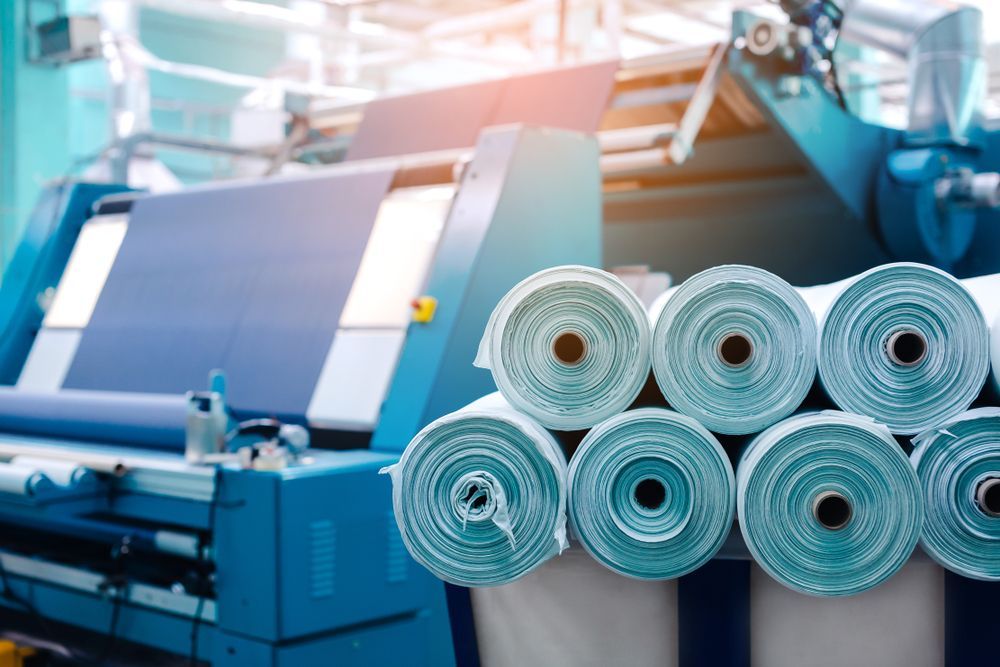
Contract vs Private Label: Key Differences
The main difference between contract and private label manufacturing lies in control and customization.
- Design Ownership: In contract manufacturing, the customer owns the design and specifications. In private label, the manufacturer controls the product design.
- Customization: Contract manufacturing allows for tailored solutions. Private label products are typically fixed in design, with limited or no customization options.
- Performance Requirements: Contract manufacturing supports products that must meet specific durability, environmental, or functional standards. Private labels are better suited for standardized, lower-complexity items.
- Time to Market: Private label products can launch faster. Contract manufacturing takes more time upfront for development but results in a more specialized product.
Why Contract Manufacturing Is Best for Custom, High-Performance Products
When a product needs to perform under demanding conditions, contract manufacturing offers the control and precision required to meet those standards. From airtight seams to weather-resistant materials, this model supports designs that cannot be achieved with off-the-shelf solutions.
It also allows businesses to select specialized materials, integrate unique features, and test for real-world durability. This is essential for industries where reliability is critical, such as industrial, medical, or environmental applications.
With contract manufacturing, every detail is built around the product’s specific function to ensure it performs as required.
Examples of Products That Benefit from Contract Manufacturing
Some products require more than a standard solution. Contract manufacturing supports industries where safety, precision, or function can't be compromised. Typical examples include:
- Spill containment systems tailored to specific environments
- Equipment covers with unique dimensions or closure requirements
- Liquid storage bladders with custom fittings or volumes
- Lightweight, collapsible transport containers
- Components that integrate into larger assemblies with tight tolerances
These products are often designed from scratch to serve a very specific role, which makes custom manufacturing the most practical path forward.
Is Contract Manufacturing Right for You?
If your product requires custom design, specialized materials, or performance beyond what standard solutions offer, contract manufacturing is likely the right fit. It’s best suited for businesses that have a specific concept in mind and need a manufacturing partner who can bring it to life with precision, scalability, and reliability.
Whether you're developing something entirely new or improving an existing product, contract manufacturing provides the flexibility and control needed to meet exact requirements.
If you're developing a product that requires careful design, reliable performance, or tailored functionality, contract manufacturing offers the control and flexibility to bring it to life. Carolina CoverTech partners with businesses to turn complex ideas into high-quality, production-ready solutions.
Ready to build a product that fits your needs?
Contact us today to get started.

